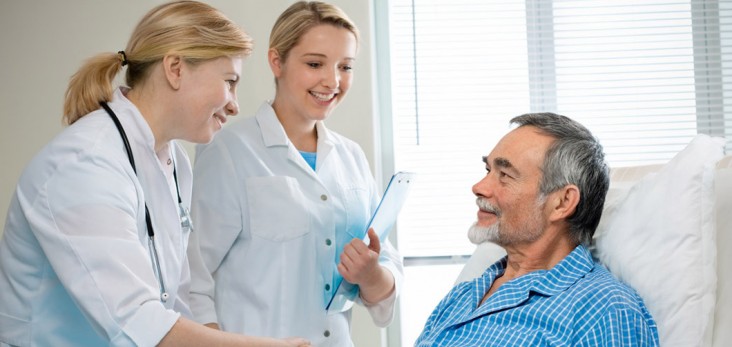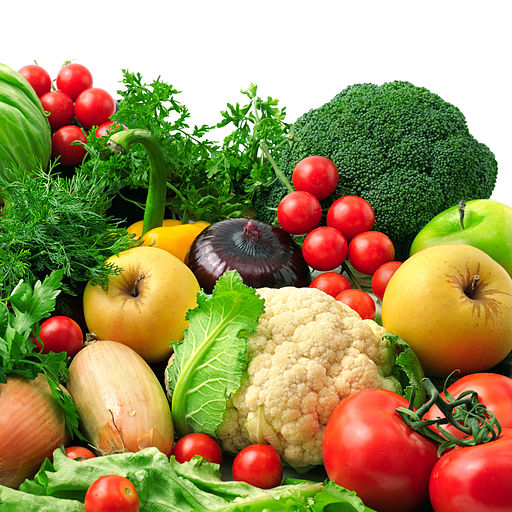There is no sure evidence to prevent Gallstones but it is possible to have an effective gallstone diet plan to reduce risk. Research has also shown that Vegetarians have a significantly lower risk of developing gallstones, compared to people who eat meat.
Gallstones are pieces of solid material that form in the gallbladder, a small organ located under the liver. These stones develop because cholesterol and pigments in bile sometimes form hard particles. Read More about Gall Bladder stone at neoalta.com
Two main types of gallstones are:
- Cholesterol stones: Usually yellow-green in color, approximately 80% of gallstones are cholesterol stones.
- Pigment stones: These stones are smaller and darker and are made up of bilirubin.
Causes of Gallstones
- Genetics – If other people in your family have had gallstones, you are at increased risk of developing gallstones.
- Obesity – This is one of the biggest risk factors. Obesity can cause a rise in cholesterol and can also keep the gallbladder from emptying completely.
- Estrogen – Estrogen can increase cholesterol and reduce gallbladder motility. Women who are pregnant or who take birth control pills or hormone replacement therapy have higher levels of estrogen and may be more likely to develop gallstones.
- Ethnic background – Certain ethnic groups, including Native Americans and Mexican-Americans, are more likely to develop gallstones.
- Gender & Age – Gallstones are more common among women and older people.
- Cholesterol drugs – Some cholesterol-lowering drugs increase the amount of cholesterol in bile, which may increase the chances of developing cholesterol stones.
- Diabetes – People with diabetes tend to have higher levels of triglycerides (a type of blood fat), which is a risk factor for gallstones.
- Rapid weight loss –If a person loses weight too quickly, his or her liver secretes extra cholesterol, which may lead to gallstones. Also, fasting may cause the gallbladder to contract less.
Symptoms of gallstones:
A majority of the people may not experience any symptoms. Its your doctor who may find stones in your gallbladder while doing X-rays, ultrasound or surgery in the abdomen. Gallstones most frequently make their presence known when they become lodged in one of the ducts that carry bile, a digestive juice, from the liver to the small intestine and when such an obstruction occurs,the following symptoms might be experienced:
- Severe and sudden pain in the upper right abdomen and possibly extending to the upper back
- Fever and shivering
- Severe nausea and vomiting
- Jaundice (yellowing of the skin or eyes)
- Clay colored stools or dark urine
How Are Gallstones Diagnosed?
Physical examination that includes checking your eyes and skin for visible changes in color. A yellowish tint in your skin or eyes may be signs of jaundice. The examination may also involve using diagnostic testing to see inside your body. These tests include:
- Abdominal CT Scan-This is an imaging test that takes pictures of your liver and abdominal region.
- Ultrasound-Ultrasound tests produce images of your abdomen.
- Gallbladder Radionuclide Scan-This very important scan takes about one hour to complete. A specialist injects a radioactive substance into your veins. The substance travels through your blood to the liver and gallbladder. It highlights any infection or blockages in these organs.
- Blood Tests-Your doctor may order blood tests that measure the amount of bilirubin in your blood. The tests also gauge how well your liver is functioning.
How Are Gallstones Treated?
The most common ways of gallstone treatment are-
- Surgeries -Surgery is often the first option if you have symptoms. A surgeon may perform a commonly used technique called laparoscopic gallbladder removal.
- Medications -Drugs that dissolve gallstones caused by cholesterol are an option if you cannot undergo surgery. These medications may take several years to eliminate the gallstones.
How can you prevent gallstones?
Certain factors that increase the risk of developing gallstones, such as age, sex and ethnic origin cannot be altered.
But it is possible for us to have a effective gall stone diet plan – low in fat and high in fruit and vegetables, including plenty of dietary fiber, as many experts say that such type of a diet will help protect people from developing gallstones.
Avoid processed food such as read meat, sausages, also French fries , pastire.
Controlling your body weight – not allowing yourself to become overweight/obese – may also help prevent the formation of gallstones.
However, crash dieting and rapid weight loss are risk factors in the development of gallstones so try losing weight gradually following a healthy diet for which you could visit a diet counselor.
A Diet is when you watch what you eat and wish you could eat what you watch.








